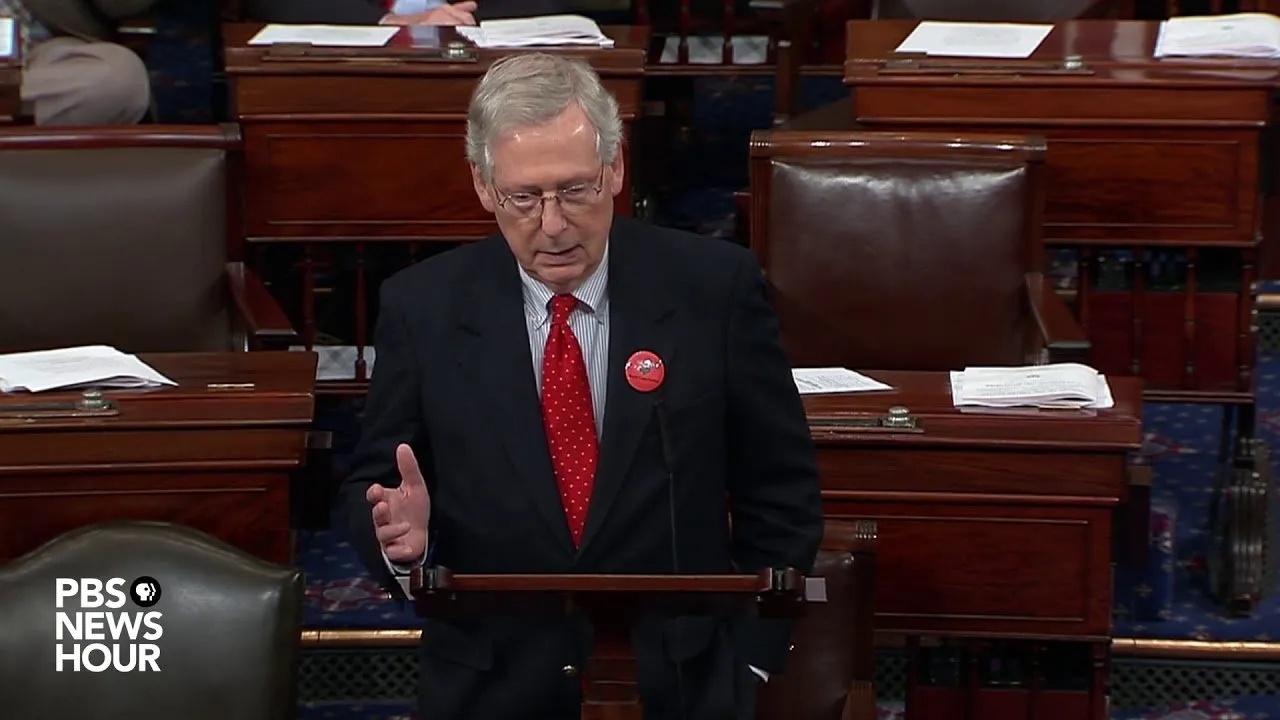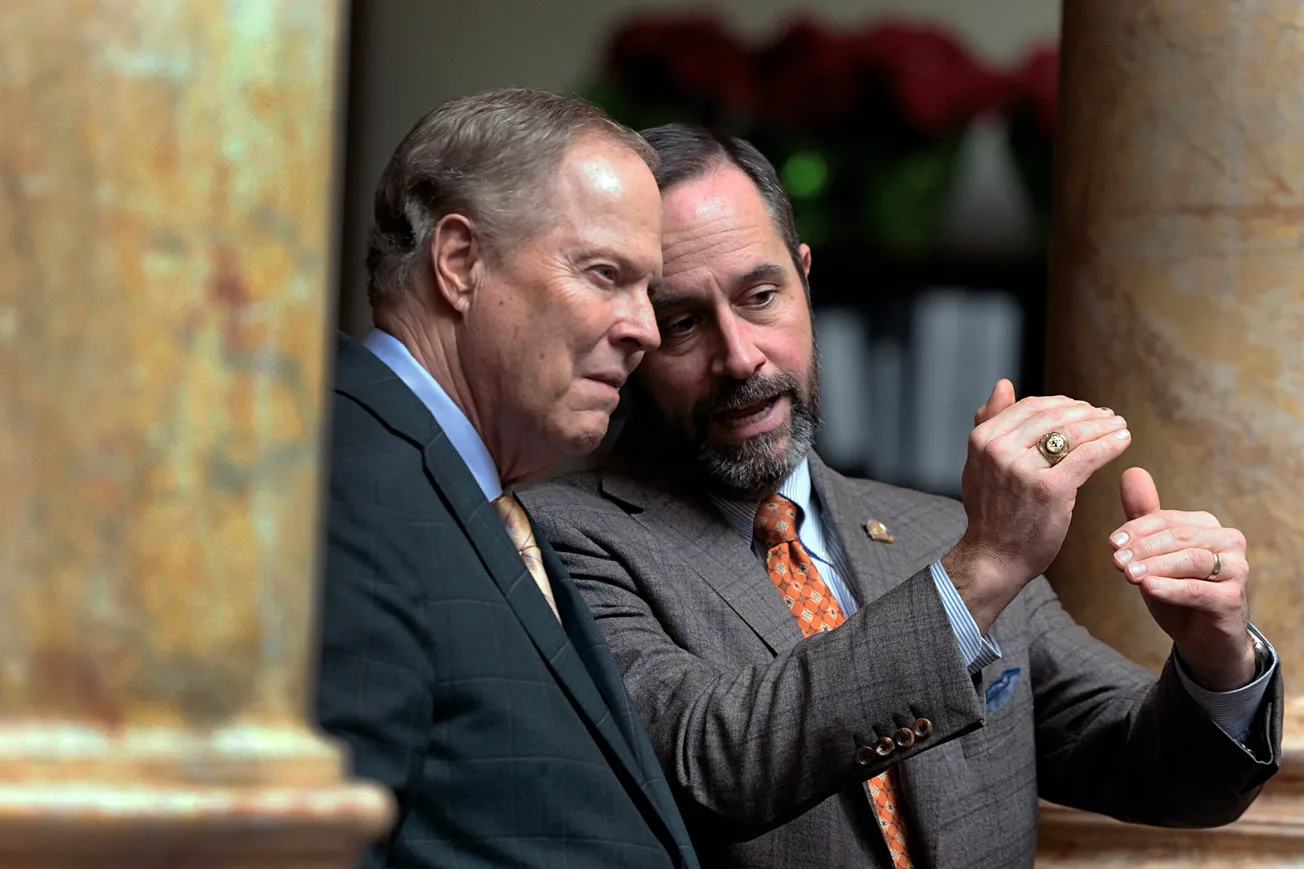Table of Contents
Trumpism won’t fade out even if Joe Biden wins the presidency, warns Murray State University historian David Pizzo.
“Paramilitary violence, domestic terrorism, conspiracy theories – the Trump cult won’t die,” he said. “In fact, it may all increase.”
Pizzo is among many scholars, journalists, and others who worry that American democracy is on the line today. The New York Times’ Mara Gay says we’re in the last hours of “an existential election.” A member of the paper’s editorial board and an MSNBC contributor, Gay said on TV Monday night that the survival of American democracy thus far “doesn’t mean that what happened in … countries where democracy fell cannot happen here.”
Pizzo agreed. A specialist in German history, he pointed to Germany’s short-lived Weimar Republic. Established when World War I ended in 1918, it fell to Hitler and the Nazis in 1933.
“Welcome to the US in the age of coronavirus,” Lloyd Green wrote in the British newspaper, The Guardian, last May. “Faces and fists pounded the windows of Ohio’s capitol like a zombie apocalypse. In Michigan, an armed crowd stormed the state house. Then, history repeated itself.
“Taking a page from his Charlottesville playbook, Donald Trump called the protesters ‘good people’ and urged Gretchen Whitmer, the Democratic governor of Michigan, to ‘make a deal’ over the shutdown. The president tweeted that Whitmer should ‘give a little, and put out the fire’. In other words, negotiate over the barrel of a gun. After all, his base was ‘angry’.”
Green added: “One state over, in Illinois, an anti-shutdown protester waved a poster aimed at the state’s Jewish governor, JB Pritzker: ‘Arbeit macht frei, JB.’ The words that hung over the gates of Auschwitz.
“A Trump administration insider conveyed that it was all a ‘bit’ reminiscent of the ‘late’ Weimar Republic. We know how that ended.”
Green warned that under the Nazis “society’s guardrails crashed, the volk demanded its pound of flesh…Hell became part of the here and now.”
Most of Germany’s conservative old guard embraced Hitler, who promised to rid them of unions and enhance their profits through war production. “Establishment Republicans have capitulated to Trump on everything,” Pizzo said. “Every guard rail has been eroded beyond my wildest expectations.”
Hitler and the Nazis claimed the republic was corrupt and run by criminals, many Jewish. When the republic fell, Hitler had convinced a large plurality of Germans that “their country was overrun by parasites essentially ruled by other parties that were literally criminal and not legitimate,” Pizzo said.
Trump has demonized Democrats from Biden down as “socialists” and even “communists” — and pandered to racism, nativism, and fear of “the other.” In 1933, the Nazis had become Germany’s largest party in the German parliament, though not a majority party. “Hitler never got a mandate in terms of a national majority,” Pizzo said. “He had enough of a movement, sort of like Trump’s base, that created an alliance with the old right.”
Pizzo cautioned that in interwar Germany, the republic was also threatened by the far left – the Communist Party, which wanted to create a Soviet-style state. The Communists were the third largest party, between the Social Democrats, which favored parliamentary democracy, and the Nazis, which, like the Communists, aimed to overthrow the Republic.
“In our country, the left doesn’t want to destroy the state,” Pizzo said. “But try to imagine a high school election in which the largest and third largest parties want to abolish the student government,” he said of the crisis of the Weimar Republic.
The republic also saw the rise of deadly violence largely sparked by armed paramilitary units. Pro-Trump militia and other domestic terrorist groups have been compared to Hitler’s Brownshirts. “The Brownshirts became supreme, but there were a whole bunch of these groups. I’m not ‘both-sidesing’ it, but there were Communist groups, too.”
Historians like Pizzo point out that Hitler didn’t invent anti-Semitism; hatred of Jews went back centuries. Hitler exploited it and scapegoated Jews, blaming them — and the Social Democrats and Communists — for Germany’s woes, especially for the economy’s collapse and massive joblessness in the Great Depression.
Likewise, Trump panders to longstanding racism and anti-immigrant prejudice. Pizzo pointed out that 1920s America was marked by deep, and often violent, anti-Black, anti-Jewish, and anti-foreign prejudice. The Ku Klux Klan rose again in the South and spread into the North, pushing hatred for African Americans, Jews, and foreigners.
Pizzo also cited It Can’t Happen Here, Sinclair Lewis’s 1935 novel in which a Hitler-like dictator grabs power in America. “Do I think it could happen here?” said Pizzo. “Yes, in my darkest nightmares.”
He said the bigotry Trump exploits “was in the heart of America all along. I don’t mean like a Trojan horse or a demon waiting to come out. But if you look at Bush I, he even rebuked David Duke. Then, when push came to shove, [the] Willy Horton [ad] happened. Reagan opened his campaign in Philadelphia, Miss. [near where the Klan murdered three civil rights volunteers 16 years before].”
Some historians argue that while Hitler was an evil genius, Trump is fundamentally incompetent. “I think that while the competence of Nazis and Fascists [in Italy] is overstated, they were driven. Trump acts like he never really wanted to govern, though he’s got great killer instincts. He smells blood, but he’s a bruiser, like a mobster. He’s also intellectually lazy, more like Dubya.”
Win or lose, Trump is likely to win more than 40 percent of the vote. Pizzo cautions that doesn’t mean that four in 10 Americans are Trumpers. “That’s 40 percent of people who voted. There are 320 million Americans, so it’s more like one in five.
–30–
Cross-posted from LA Progressive







